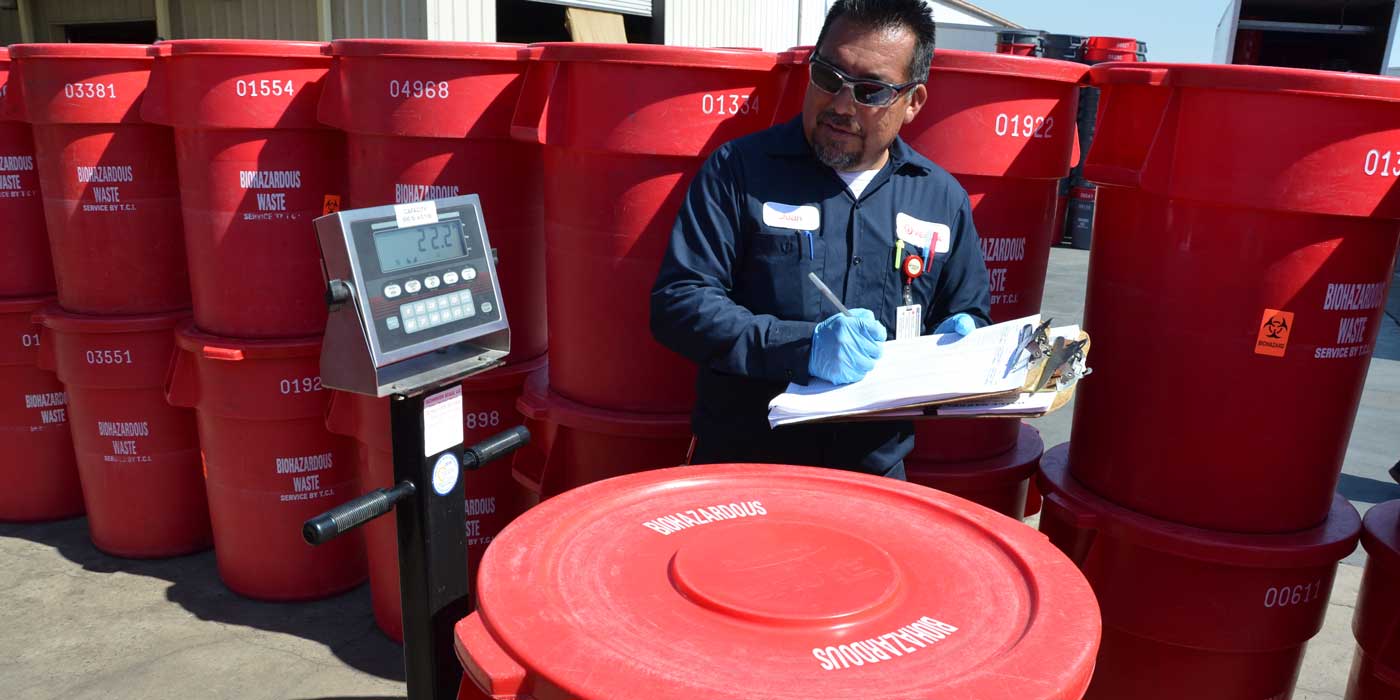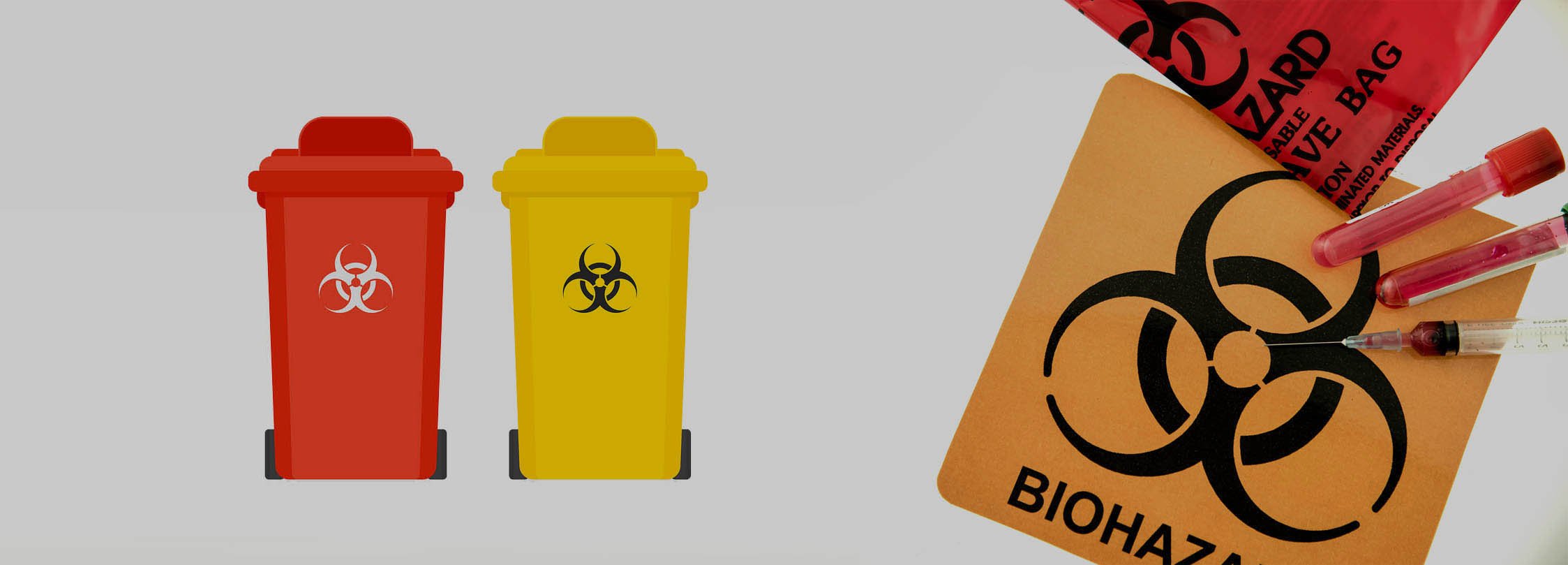Medical waste management is a critical component of health care and public safety. It involves the safe disposal of hazardous materials, including medical sharps, such as needles and syringes, body parts from surgeries or autopsies, laboratory cultures, and chemicals used in medical procedures.
As many of these items pose risks to both human health and the environment if not handled properly, there are strict legal and ethical obligations that must be adhered to when disposing of medical waste.
This essay will explore the various regulatory frameworks for medical waste management in order to ensure compliance with all applicable laws as well as address any ethical considerations related to this process.
1. Regulatory Requirements for Medical Waste Management
The legal and ethical obligations of medical waste management are critical for protecting public health, safety, and the environment. Regulatory requirements ensure that all healthcare facilities comply with regulations regarding the proper disposal of hazardous materials such as pharmaceuticals, laboratory chemicals, sharps (needles and syringes), body fluids, and other potentially infectious substances.
These regulations also dictate how medical waste is stored prior to disposal or treatment. The rules help to ensure that hazardous material does not enter into water supplies or contaminate soil in ways that could harm humans or wildlife. Additionally, regulatory requirements provide guidance on best practices for safely handling medical waste throughout its life cycle from collection to final disposal.
2. Ethical Considerations of Medical Waste Management

Managing medical waste has become an increasingly important issue in recent years as regulations, standards, and environmental concerns have come to the forefront.
The legal and ethical considerations of medical waste management are twofold: first, there is a need for clear guidelines regarding how waste should be disposed of or recycled; second, there is a need for organizations to ensure that any disposal or recycling practices adhere to all laws and regulations governing such activities. Additionally, it is essential that healthcare providers consider the potential impact their decisions may have on the environment when disposing of medical waste.
Finally, due diligence must be taken to ensure that workers are not exposed to hazardous materials during the handling process. By following these principles of legal and ethical obligations in managing medical waste, organizations can create safer working environments while reducing their negative impacts on our planet.
3. Health Risks Associated with Improper Disposal of Medical Waste
The legal and ethical obligations of medical waste management are essential for protecting public health. Improperly disposing of medical waste poses a number of risks to human health, including the spread of infectious diseases, environmental contamination, toxic exposure, and even biohazards.
By ensuring proper disposal practices are followed, healthcare providers can help protect their patients from these risks. This includes adhering to laws regarding the handling and transport of hazardous materials as well as developing internal policies that ensure all staff members understand how to safely manage medical waste.
Additionally, by implementing systems such as tracking technology or utilizing third-party vendors for collection services, healthcare facilities can further minimize potential hazards associated with improper disposal techniques.
Together these measures will help reduce the risk posed by improperly managed medical waste while also upholding the legal and ethical standards in place to protect both patients’ safety and public health.
4. Strategies for Minimizing Risk in the Handling and Disposal of Medical Waste

Medical waste management is an important process that has legal and ethical implications for healthcare organizations. It is essential to adhere to applicable laws, regulations, and standards when disposing of medical waste in order to minimize risk. Healthcare professionals must take appropriate steps to ensure the safe handling and disposal of medical waste.
These steps include properly labeling hazardous materials, using proper containers for storing and transporting the waste, providing staff with training on proper procedures for handling medical waste, segregating different types of waste streams, implementing a tracking system for monitoring the movement of medical wastes through the facility or off-site facilities where it will be disposed of safely and securely, adopting effective infection control practices throughout the facility including hand hygiene protocols before handling any medical wastes, following appropriate biohazard spill response protocol if necessary, adhering to local environmental protection laws regarding disposal methods such as incineration or autoclaving, providing adequate PPE (personal protective equipment) for workers dealing with hazardous materials; such as gloves masks, etc., actively working towards reducing overall amount generated by recycling or reusing items whenever possible.
Following these strategies can help healthcare providers comply with their legal and ethical obligations while ensuring safety from potential risks associated with improper management of potentially infectious material.
Conclusion
The conclusion of the essay on Legal and Ethical Obligations of Medical Waste Management is that proper medical waste management is essential for maintaining public health, safety, and environmental protection.
The safe handling and disposal of medical waste should be a priority for all healthcare institutions. If done correctly, it can lead to improved patient outcomes as well as a reduction in potential liability due to improper disposal.
It is important for healthcare organizations to understand the legal and ethical obligations associated with medical waste management so that they can properly protect their patients, staff, and environment from any possible harm associated with improper disposal practices.







